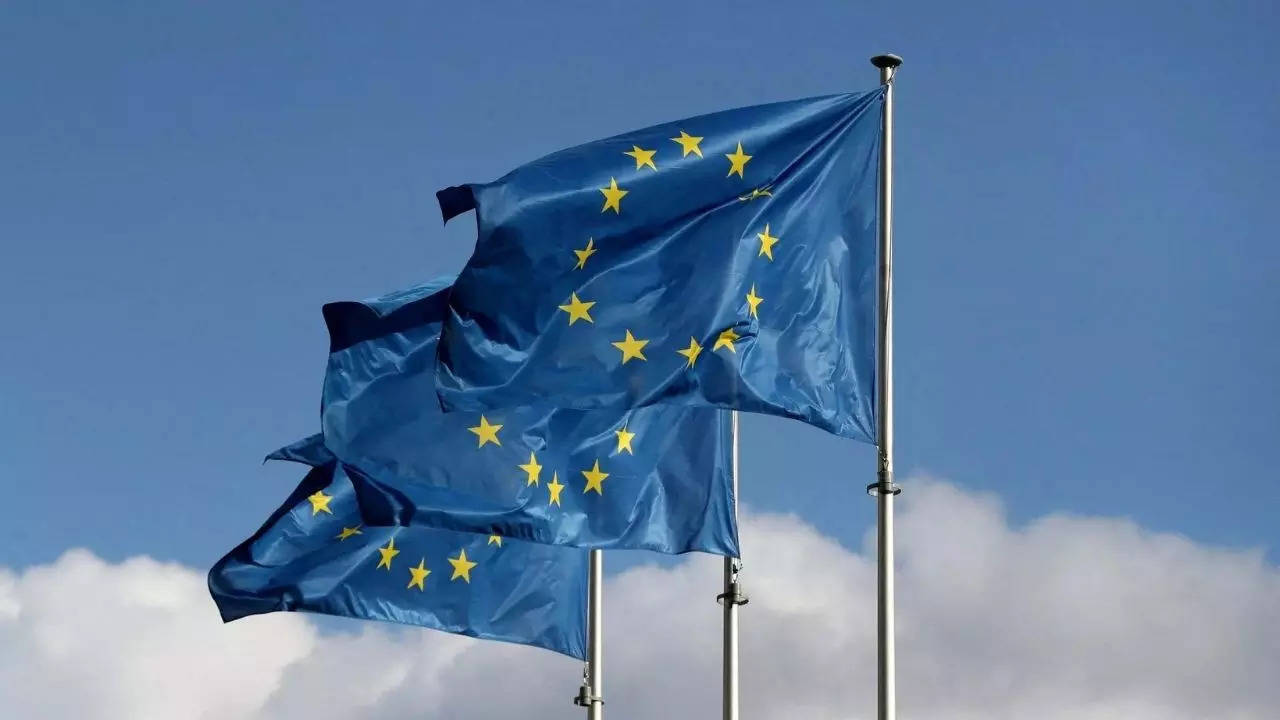NEW DELHI: After carbon tax, the European Union has decided to implement a move to keep products made using forced labour out of its market with the Internal Market and International Trade committees adopting it on Monday.
The move has triggered fresh concerns among developing countries about the trading bloc using “non-trade” barriers, which could be in violation of WTO rules.
A set of draft regulations are proposed to put in place a framework to investigate the use of forced labour in supply chains of companies and if they are found to be violating the framework, all import and export of the rela ted goods would be halted at the EU’s borders.
Goods of companies that are taken off the EU market will be allowed only after they can demonstrate that they have stopped using forced labour in their operations or the supply chain.
The European Commission has been tasked with creating a list of geographical areas and economic sectors which are at high risk of using forced labour. “For goods produced in these high-risk areas, the authorities would no longer need to prove that people have been forced to work, as the burden of proof would fall on companies,” a statement issued by the EU parliament said.
It said that the definition of forced labour would be aligned to ILO standards and include “all work or service which is exacted from any person under the menace of any penalty and for which the said person has not offered himself or herself voluntarily”.
A government source said that it will take a while for the regulations to be put in place and India or any other country will have to wait for the details to be released before its concerns can be flagged.
In principle, however, several officials see it as another “non-tariff barrier” being thrust upon the poor and developing countries.
The move has triggered fresh concerns among developing countries about the trading bloc using “non-trade” barriers, which could be in violation of WTO rules.
A set of draft regulations are proposed to put in place a framework to investigate the use of forced labour in supply chains of companies and if they are found to be violating the framework, all import and export of the rela ted goods would be halted at the EU’s borders.
Goods of companies that are taken off the EU market will be allowed only after they can demonstrate that they have stopped using forced labour in their operations or the supply chain.
The European Commission has been tasked with creating a list of geographical areas and economic sectors which are at high risk of using forced labour. “For goods produced in these high-risk areas, the authorities would no longer need to prove that people have been forced to work, as the burden of proof would fall on companies,” a statement issued by the EU parliament said.
It said that the definition of forced labour would be aligned to ILO standards and include “all work or service which is exacted from any person under the menace of any penalty and for which the said person has not offered himself or herself voluntarily”.
A government source said that it will take a while for the regulations to be put in place and India or any other country will have to wait for the details to be released before its concerns can be flagged.
In principle, however, several officials see it as another “non-tariff barrier” being thrust upon the poor and developing countries.
